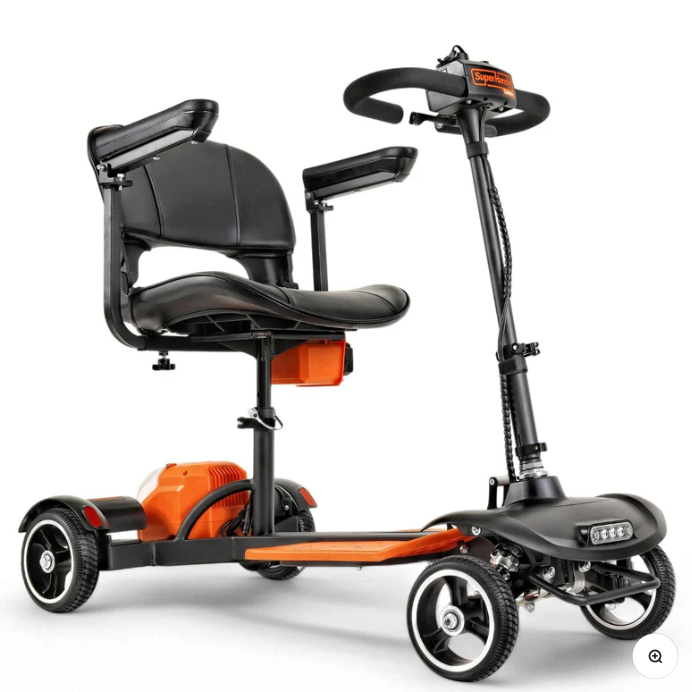
When you choose a mobility scooter, look for features that match your needs. Portability and folding parts are very important. More than half of users care about these features. You may use your portable mobility scooter for shopping or daytrips. You might also use it to visit family. Comfort is important. Battery life matters, too. Safety is needed. Weight capacity is important. Maneuverability helps you move easily.
Common Activities |
Frequency of Use |
|---|---|
Shopping |
Most common activity reported |
Visiting local places |
Second most common activity |
Going for a ride |
Reported as a common activity |
Daytrips |
Commonly undertaken by users |
Social visits to family |
Frequently reported by users |
Tip: Think about what you like to do. Pick features that make every trip easier.
Mobility Scooter Features
Portability and Folding Mobility Scooter
Portability is very important when picking a mobility scooter. You want a folding mobility scooter that fits your daily life. Many people pick a small, portable design so they can bring it everywhere. Sometimes you need to fold it for a car ride or store it at home. The best folding mobility scooters make this simple.
There are two main ways to fold these scooters:
Best For |
Pros |
Cons |
|
|---|---|---|---|
Manual Folding |
Budget-conscious buyers |
Lighter, more affordable |
Requires some effort |
Auto-Folding |
Those with limited mobility |
Folds with a button, effortless |
Slightly heavier, pricier |
Manual folding mobility scooters are good if you want to save money and can lift a little. Auto-folding models are better if you have trouble lifting or want to fold it fast. The best folding mobility scooters give you both choices.
A small and portable design makes travel and storage easy. The best folding mobility scooters weigh between 30 and 53 pounds when folded. You can lift them into a car trunk or carry them up stairs. If you want a portable mobility scooter, always check the folded weight before you buy.
Battery Life and Range
Battery life and charging are important if you use your mobility scooter every day. You want to know how far you can go before charging. Most scooters have batteries that last from 18 months to 3 years. If you use your scooter a lot, you may need a new battery every 1.5 to 2 years. With good care, some batteries last up to 4 years.
Most companies give a 12-month battery warranty.
The average battery lasts about 18 months with daily use.
Using your scooter less or taking care of it can make the battery last 3 or 4 years.
The battery type changes how far you can go and how fast it charges. Lithium-ion batteries charge faster and last longer than lead-acid batteries. You can get to 80% charge in about 2 hours with lithium-ion. Lead-acid batteries take 8-12 hours to charge. A lead-acid scooter usually goes about 15 miles on one charge. Lithium-ion batteries can go up to 25 miles.
Lithium-ion batteries are lighter and go farther.
Lead-acid batteries are heavier and take longer to charge.
Mobility scooter range is 8 to 25 miles, depending on battery type.
If you want the best folding mobility scooters, pick lithium-ion batteries. They let you travel more and wait less.
Comfort and Seat Design
Comfort is very important when buying a mobility scooter. You will sit for a long time, so you need a seat that feels good and supports you. The best folding mobility scooters have soft seats, armrests you can move, and seats shaped for your body.
Cushioned and adjustable seats help you find the best fit.
Seats shaped for your body support your back and lower pressure.
Good materials like memory foam make seats softer.
Adjustable seats move forward or backward for comfort.
Swivel seats help you get on and off easily.
Here is what makes a seat comfortable:
Aspect |
Evidence |
|---|---|
Ergonomic Design |
Supports natural alignment, reducing pressure points and discomfort during prolonged use. |
Lumbar Support |
Maintains lower back curvature, preventing back pain. |
Seat Dimensions |
Ideal width ranges from 18 to 22 inches for stability. |
Material Quality |
High-density memory foam distributes weight evenly. |
Breathability |
Mesh fabrics improve airflow, keeping you cool. |
Adjustability |
Seat height and tilt adjustments allow for personal comfort. |
A good seat helps you stay comfy and keeps your posture healthy. Adjustable tillers and sliding seats let you change how you sit. Swivel seats help older adults who have trouble moving. The best folding mobility scooters focus on comfort and support.
Weight Capacity and Stability
Weight capacity and stability are important features for mobility scooters. You want a folding mobility scooter that holds your weight and stays steady on different ground. Most regular mobility scooters hold between 250 and 300 pounds. Heavy-duty models can hold up to 450 pounds. Bariatric scooters can hold even more.
Type of Scooter |
Weight Capacity (lbs) |
Stability Impact |
|---|---|---|
Standard Mobility Scooters |
250 to 300 |
Suitable for average users; exceeding can lead to instability and risk of tipping. |
Heavy-Duty Mobility Scooters |
300 to 450 |
Designed for heavier users; provides better support and stability. |
Bariatric Mobility Scooters |
450+ |
Ensures maximum stability and safety. |
If you go over the weight limit, your scooter might tip or break. It is smart to pick a scooter with a weight limit at least 25 pounds more than your weight. This keeps you safe and helps your scooter last longer.
Stability depends on wheel size, how wide the base is, and the center of gravity. Four-wheel folding mobility scooters balance better than three-wheel ones. Anti-tip wheels add extra safety. A wide base and low center of gravity help you stay upright on bumpy ground. The best folding mobility scooters use these features to keep you safe.
Maneuverability
Maneuverability and turning radius help you move in tight spaces. You want a mobility scooter that turns easily in small rooms or busy stores. The best folding mobility scooters have small frames and smart wheel setups.
Factor |
Description |
|---|---|
Wheel Configuration |
Mid-wheel drive setups are the most maneuverable in tight spaces. |
Turning Radius |
A smaller turning radius means easier navigation in confined areas. |
Size and Dimensions |
Compact frames fit through narrow hallways and doorways. |
You may face problems like cracked sidewalks, missing curb cuts, or steep ramps. Indoors, narrow aisles and blocked elevators can be hard to get through. Public transport sometimes does not have much space for scooters. Some people may also treat you differently.
Big scooters are hard to move around.
Not all public transport is easy to use.
Tourist places may not have good ramps or showers.
The best folding mobility scooters fix these problems with a small design, tight turning, and strong wheels. You can move around safely and with confidence.
Tip: Always try out the scooter before you buy it. Test how it turns in small spaces and see if the seat feels good after a few minutes.
Safety and Ease of Use
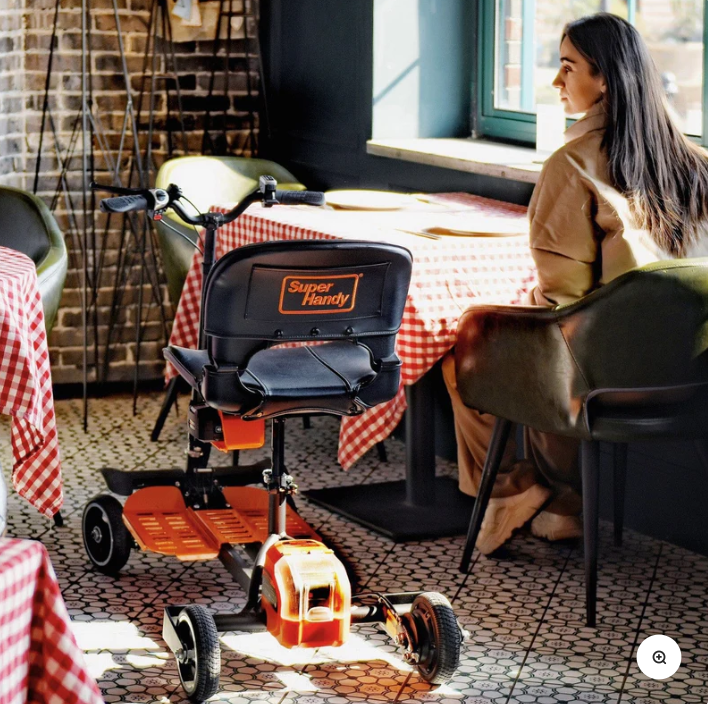
Braking and Visibility
Safety is very important when picking a mobility scooter. Good brakes help you stop fast and safely. Many scooters use semi-hydraulic brakes for smooth stops. Some scooters have regenerative brakes. These brakes slow you down and charge your battery a bit. Advanced brakes help you stop quickly in emergencies.
You need to see and be seen. Most scooters have front and rear lights. They also have reflectors and turn signals. These features help you stay safe in dark places. Some scooters have horns, mirrors, and anti-tip wheels for extra safety.
Certification/Standard |
Description |
|---|---|
UL 2272 |
Tests scooter safety for electric and mechanical parts |
CE Marking |
Shows scooter meets health and safety rules in Europe |
UL 2271 |
Checks battery safety and strength |
IEC 62133 |
Tests battery safety for portable devices |
Tip: Always look for these certifications before you buy. They show the scooter is safe and tested.
User-Friendly Controls
You want a scooter that is easy to use every day. Many scooters have simple panels with clear buttons. They also show battery levels. If your hands are weak, pick scooters with bigger joysticks or tiller extensions. These features help you steer and control your scooter.
Joystick changes help if gripping is hard.
Tiller extensions bring controls closer to you.
Simple panels let you enjoy your ride more.
Durability
Durability matters if you want your scooter to last long. Most scooters use strong materials like aluminum or carbon fiber. Some use magnesium for extra toughness. High-end scooters may use titanium for more strength. With good care, a scooter can last five to seven years. Some people use their scooters for up to ten years.
A strong scooter helps you feel safe and keeps you moving for many years.
Practical Considerations
Storage and Transport
Think about where you will keep your scooter. You have lots of choices for storage. Some people put their scooter in a big entryway. They use a screen or curtain to hide it. Others use space under the stairs for shelves or bins. If you have a guest room, you can store your scooter there. You can use a curtain to keep it out of sight.
If you want to keep your scooter outside, use a shed. Pick a metal or wood shed for protection. Weatherproof covers help keep your scooter safe from rain or snow. Foldable storage options like portable garages or covers are easy to use. These help when you travel with your scooter. For trips, padded travel bags or scooter carriers fit in most car trunks.
Lightweight folding mobility scooters fit in closets or under beds. You do not need a special car or lift. You can take your scooter on buses, trains, or taxis. The best folding mobility scooters make travel and storage easy.
Feature |
Traditional Scooters |
Lightweight Folding Scooters |
|---|---|---|
Weight |
40–70 kg |
14–25 kg |
Foldability |
Rare or limited |
Standard |
Travel Friendly |
Difficult |
Cabin-approved designs |
Storage |
Bulky |
Fits in closets or trunks |
Cost and Budget
Buying a mobility scooter costs a lot of money. Prices for folding mobility scooters go from $899 to $3,899. The price changes with features, size, model type, weight capacity, and materials. Basic models cost less but have fewer features. Advanced models have longer battery life, higher weight limits, and more custom choices.
Price Range |
Features Included |
|---|---|
$600 - $5,000 |
Basic models with fewer features; advanced models with higher weight limits, longer battery life, and custom options. |
$899 - $3,899 |
Folding mobility scooters with different features, sizes, model types, and materials. More features mean a higher price. |
You can get help paying for your scooter. Medicaid may pay for all or part of your scooter, depending on your state. Medicare pays less, but private insurance might help. Some companies let you pay over time. Groups like The Ehlers-Danlos Society or The Muscular Dystrophy Association sometimes give grants for mobility devices.
Tip: Always check your insurance and ask about payment plans before you buy.


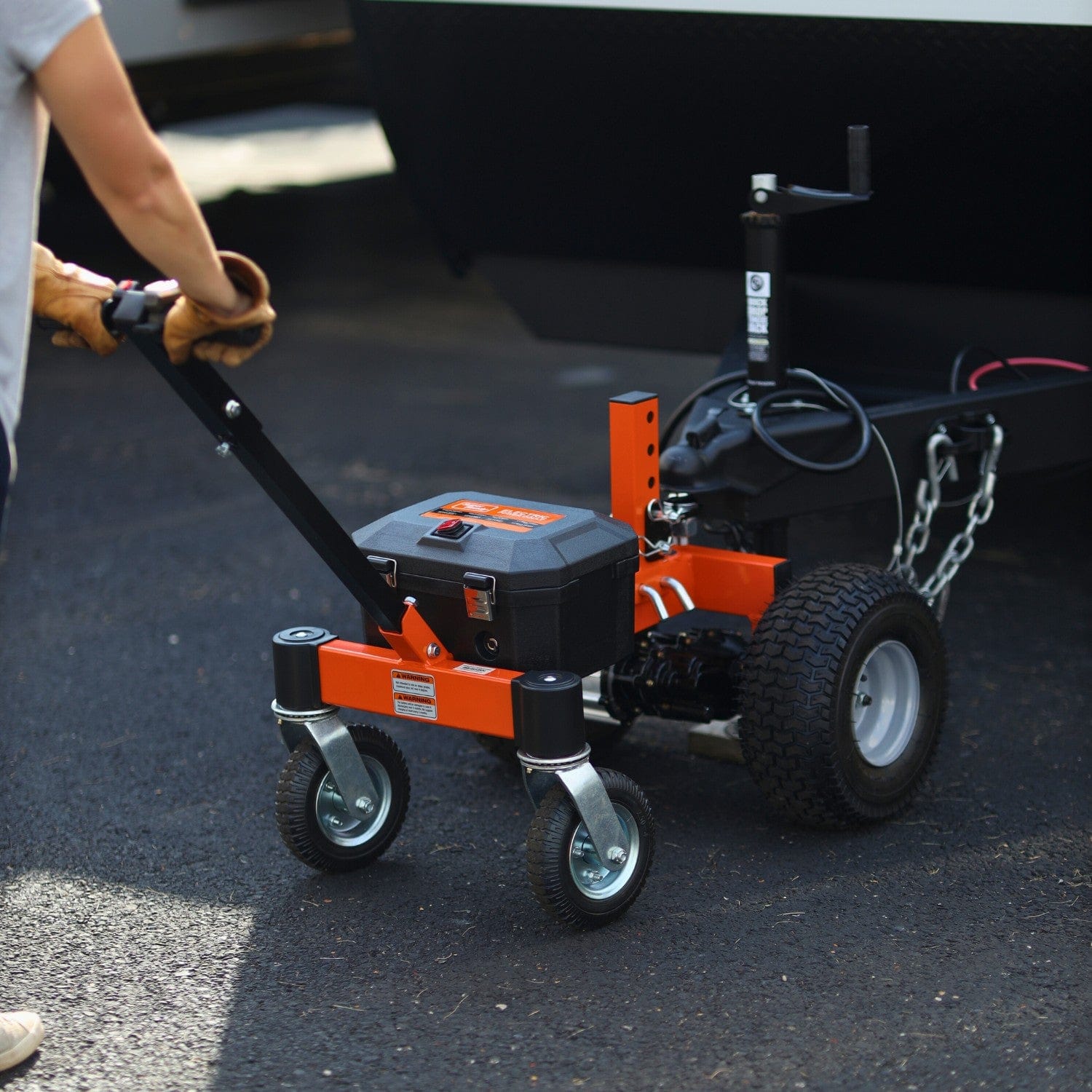
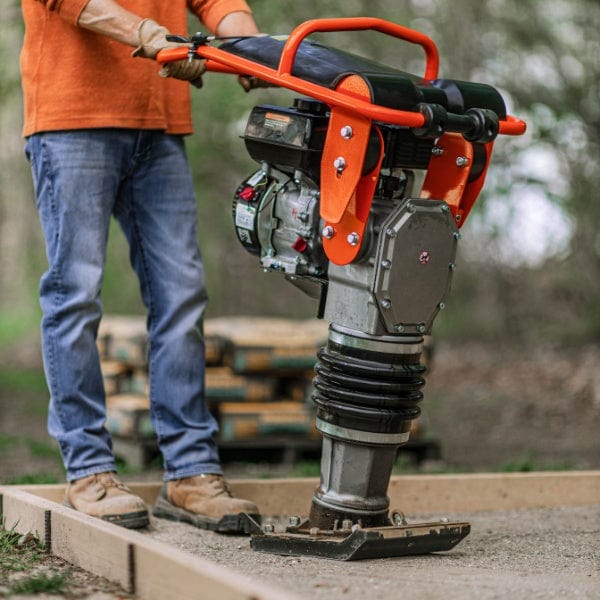
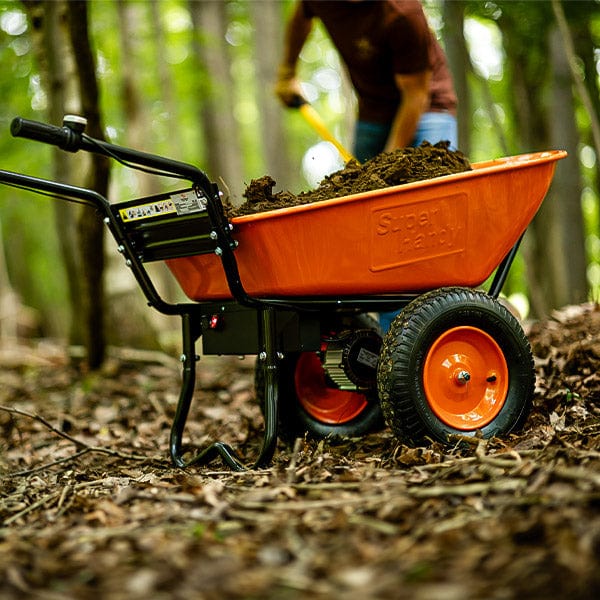
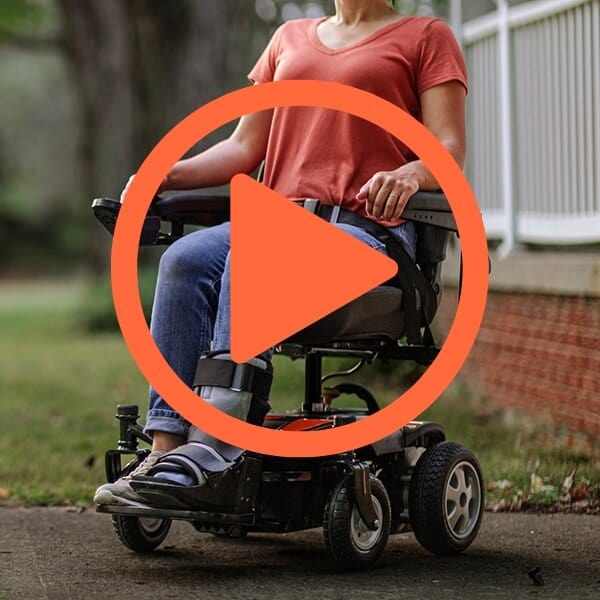

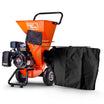
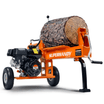

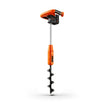
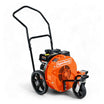
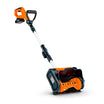
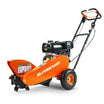
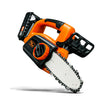
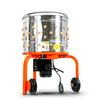
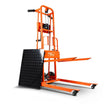
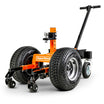
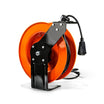
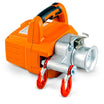
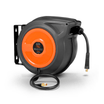
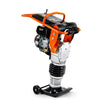
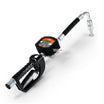
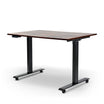
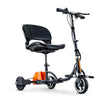
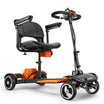
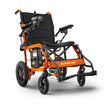


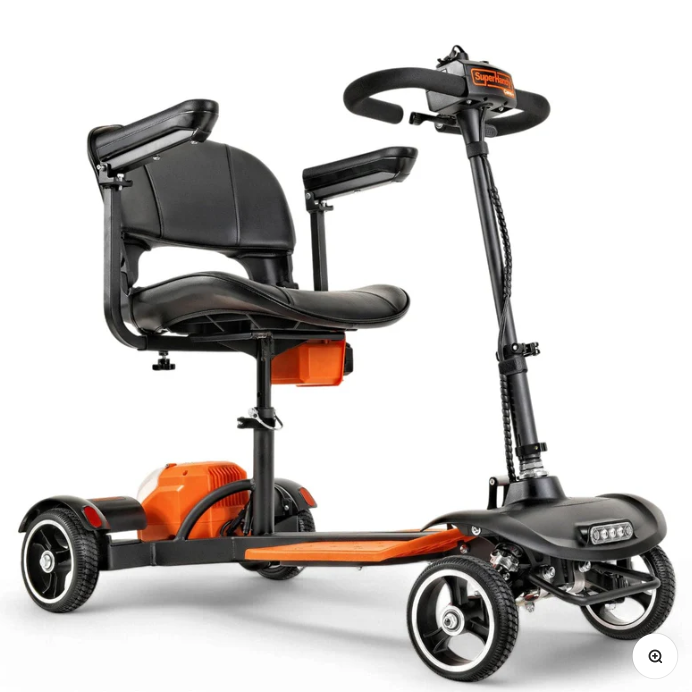
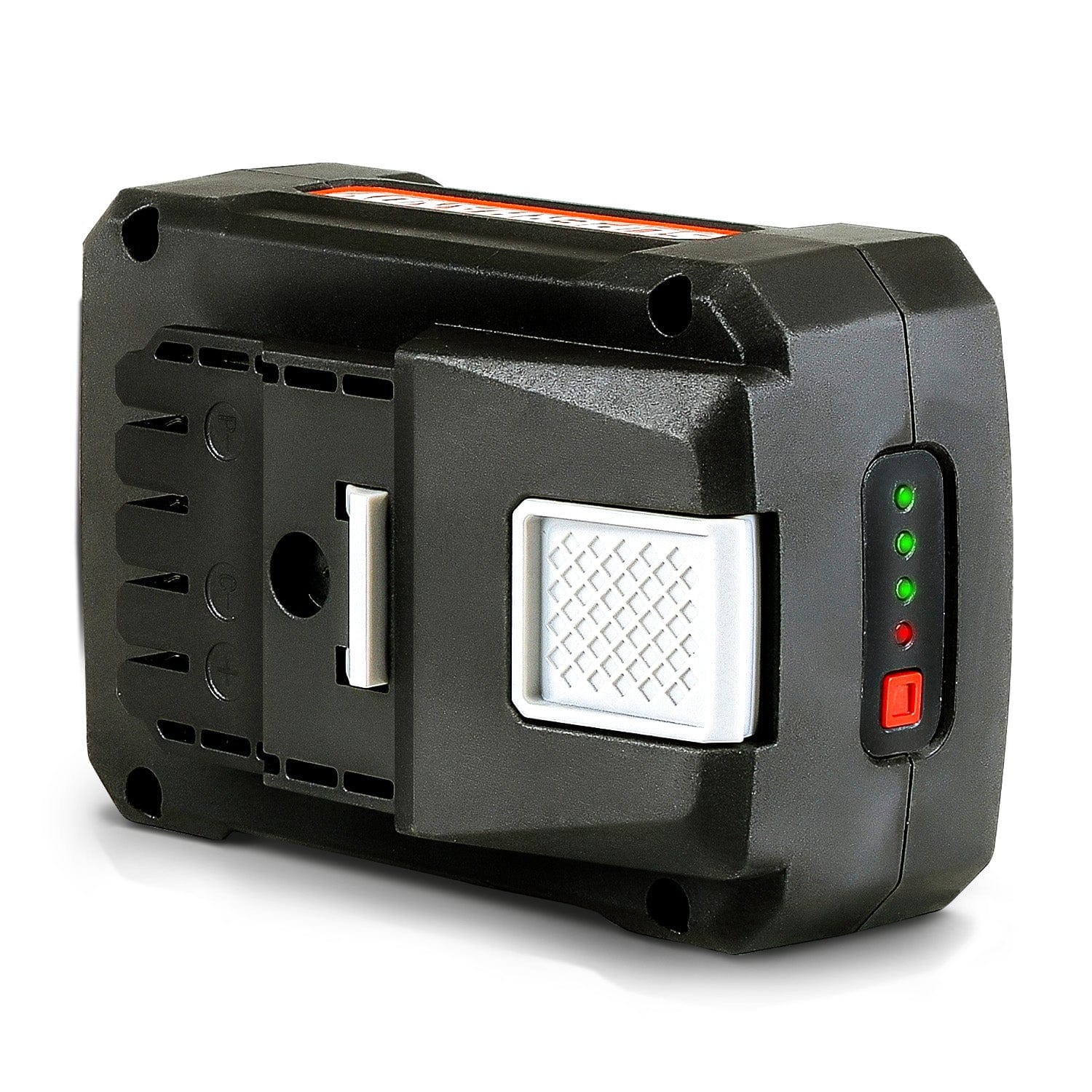
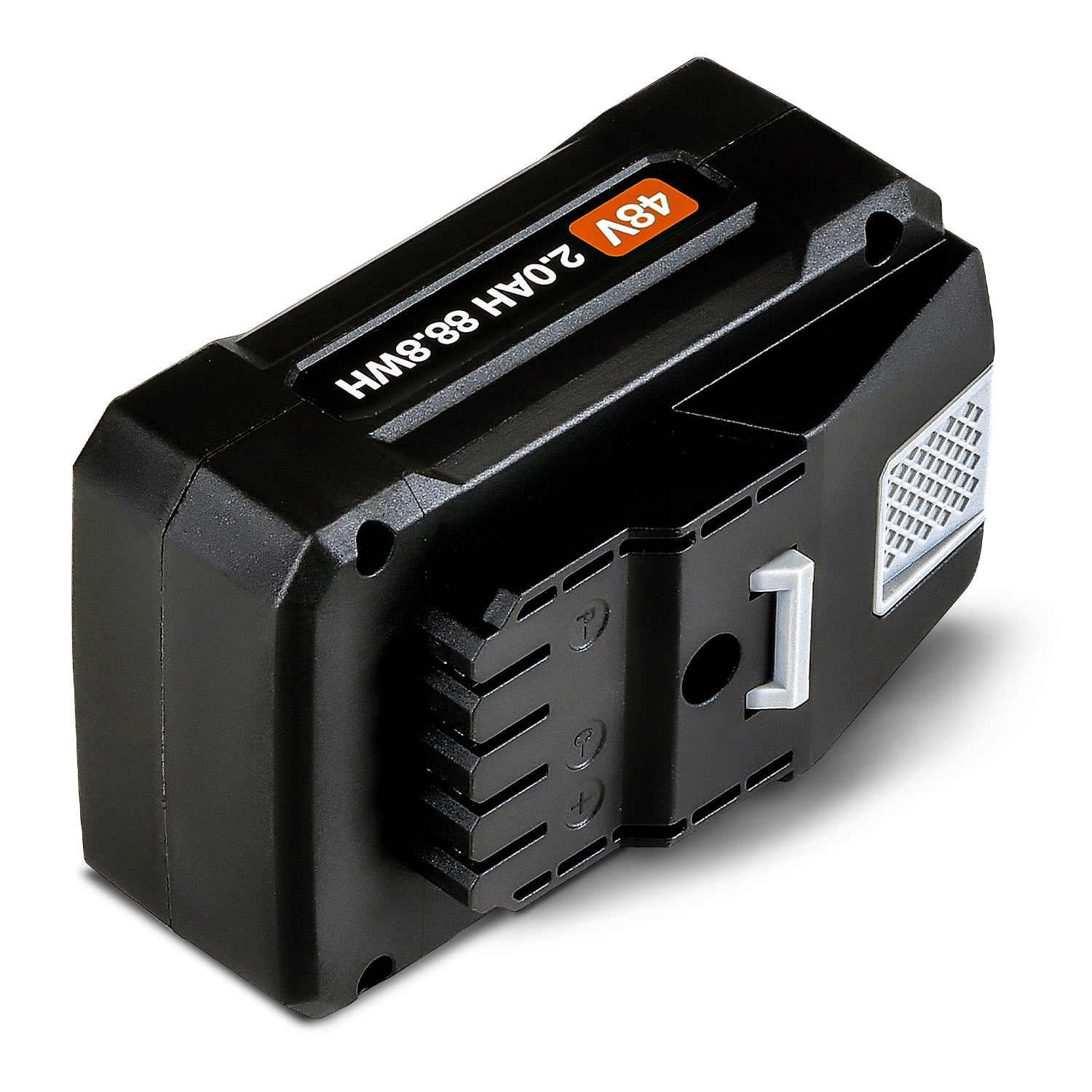
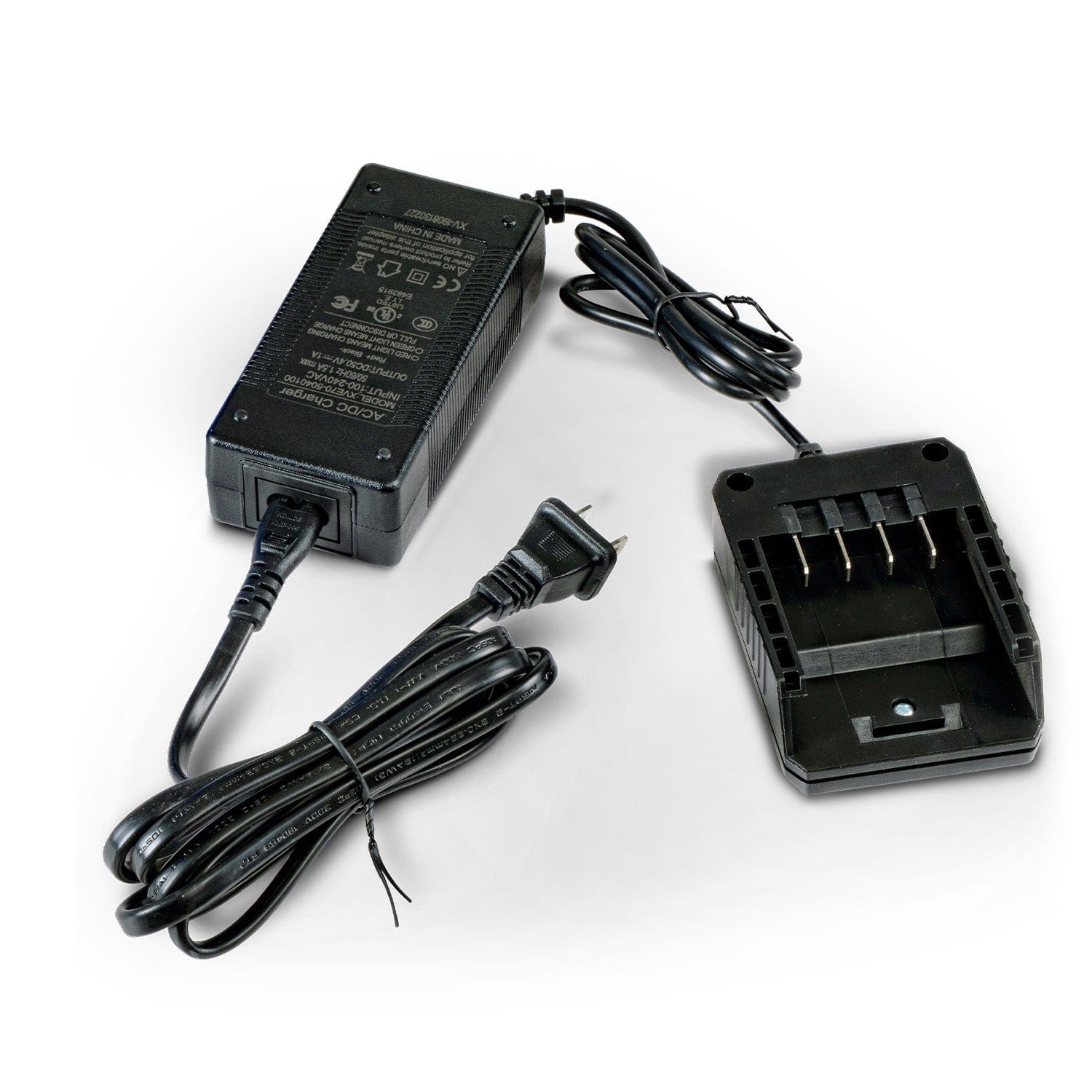
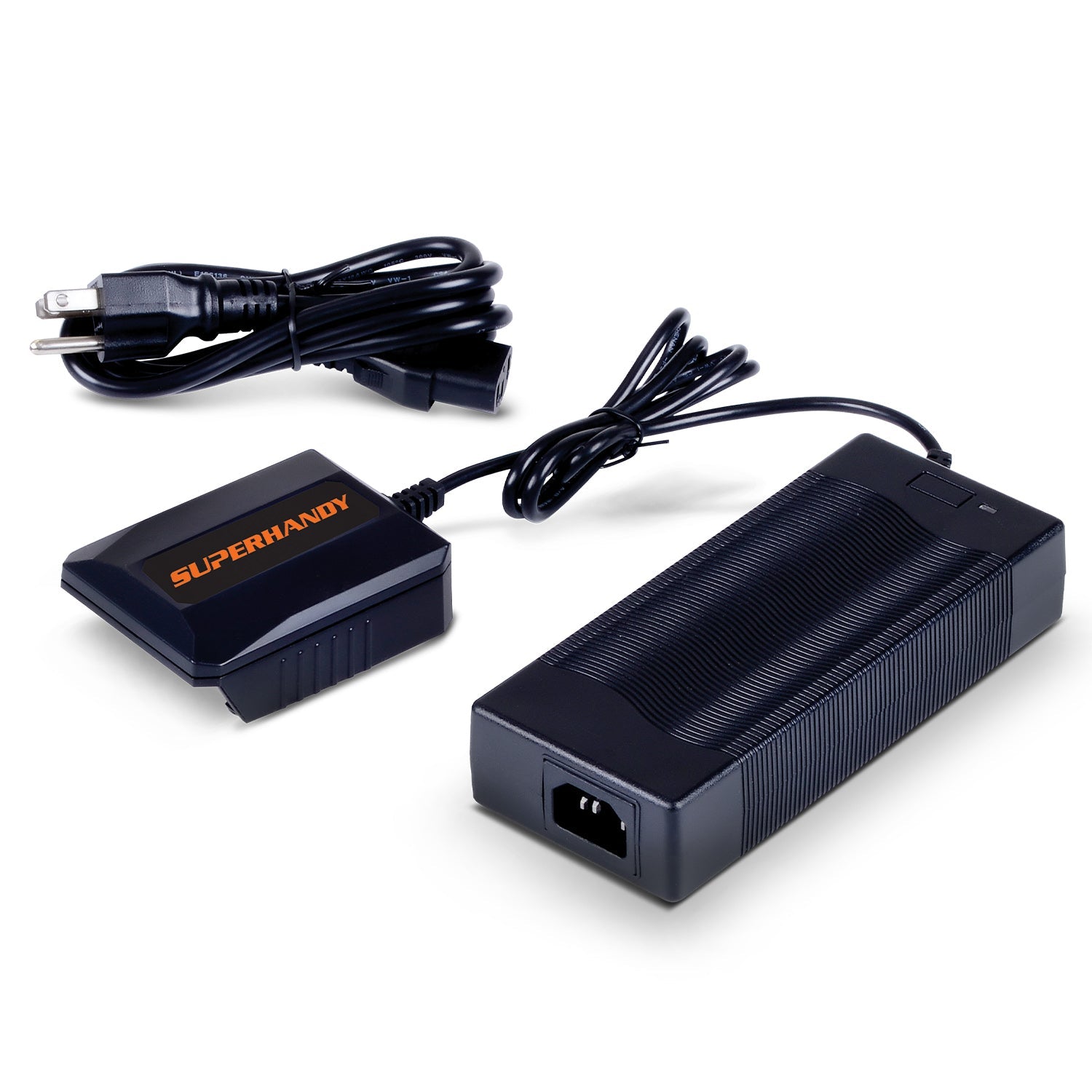
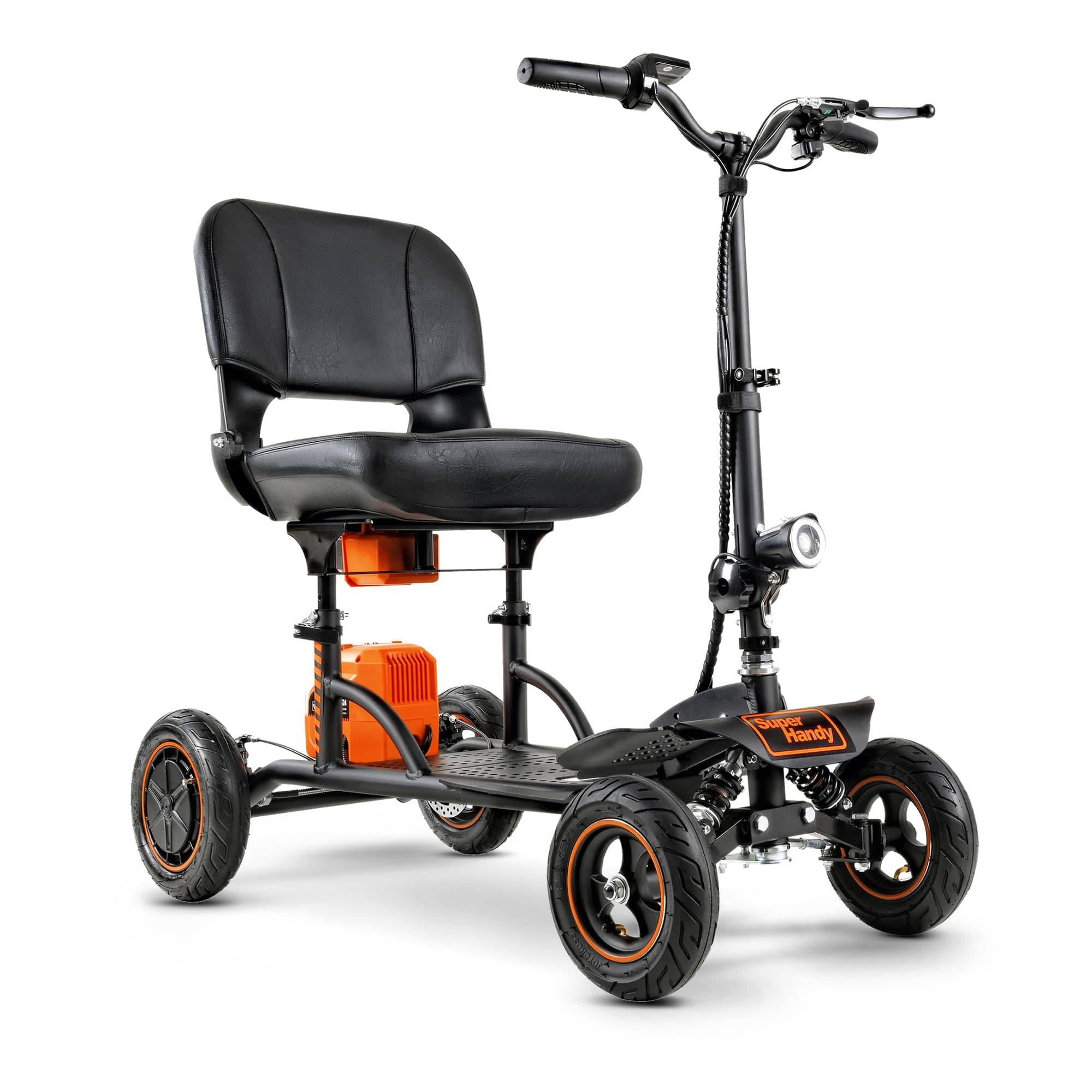
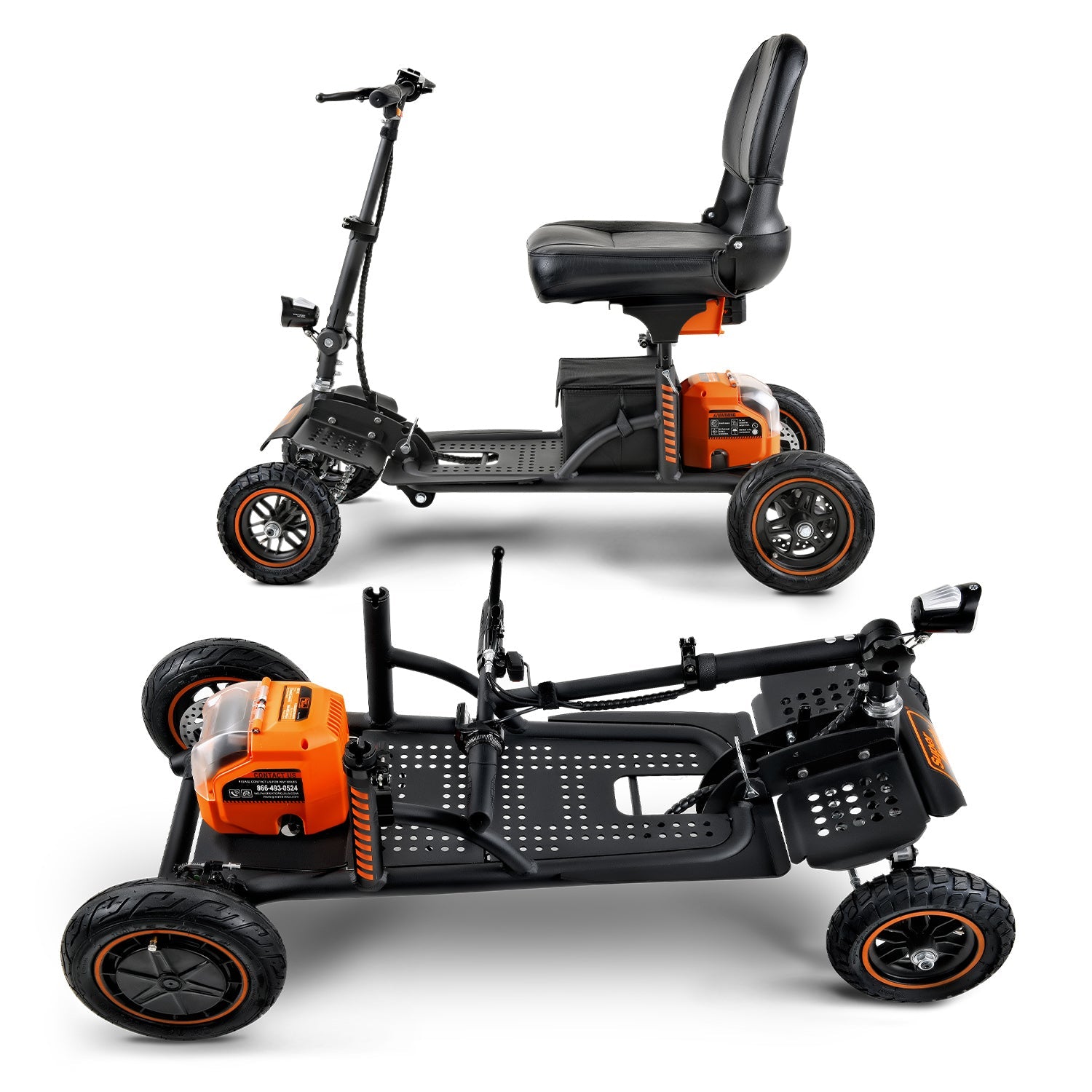
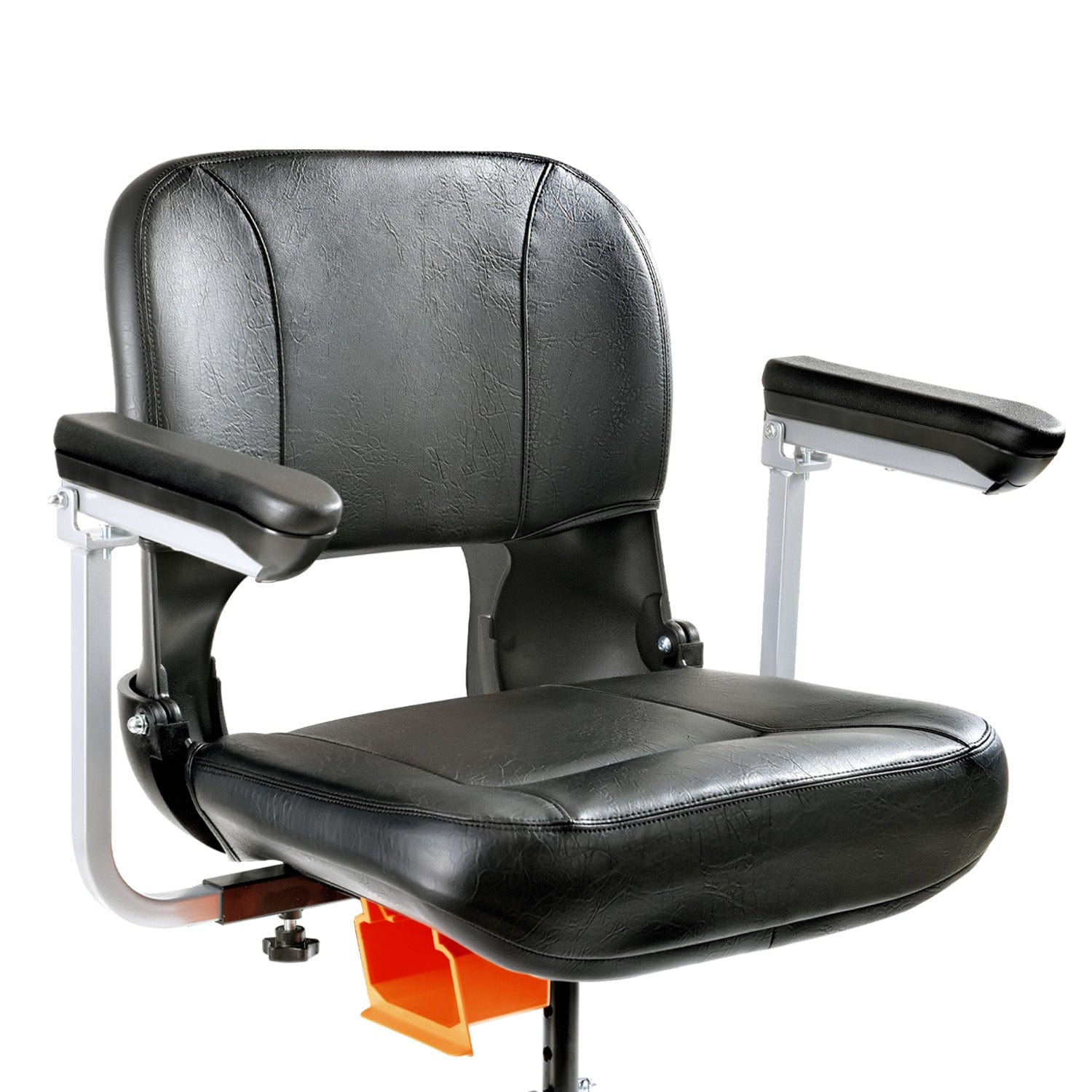
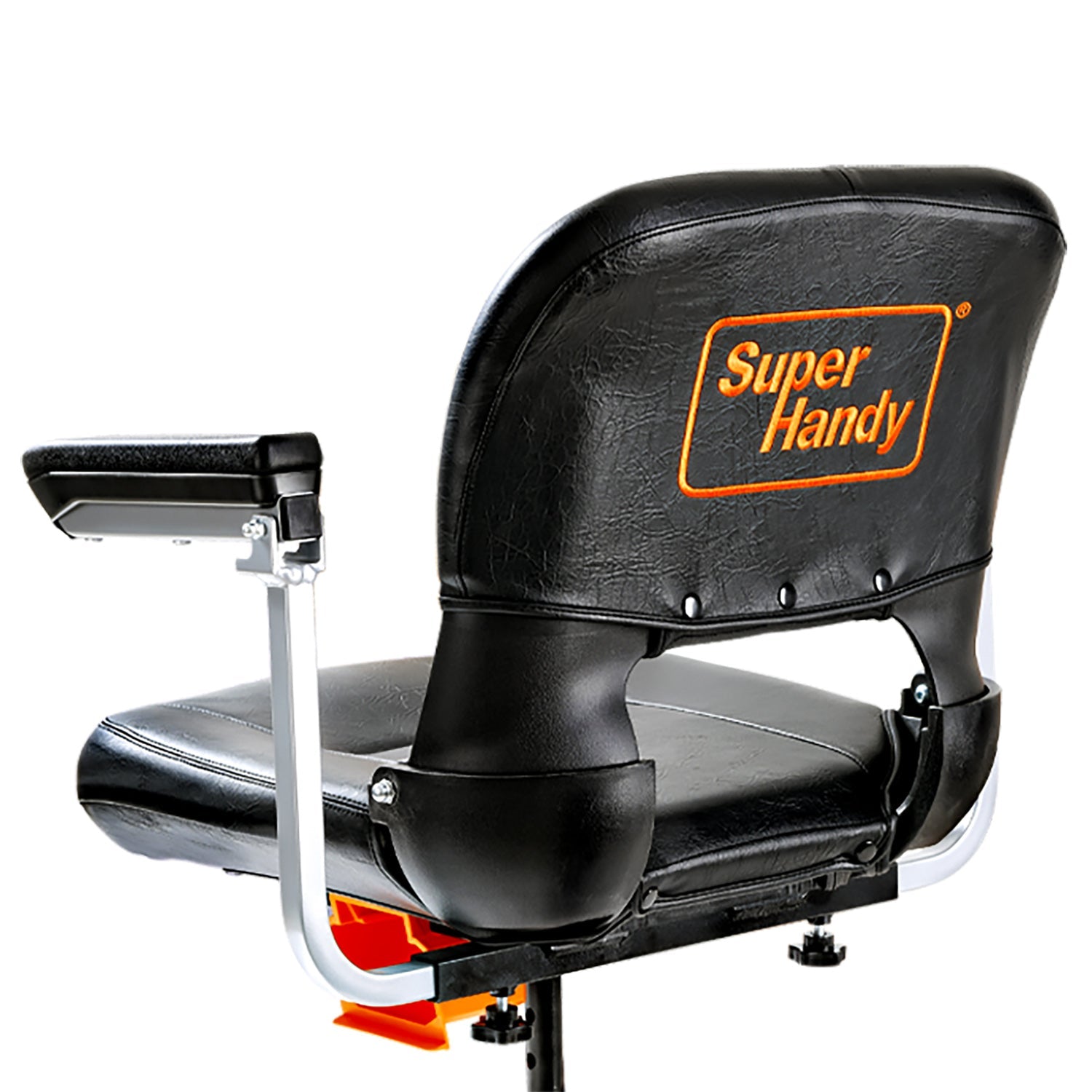
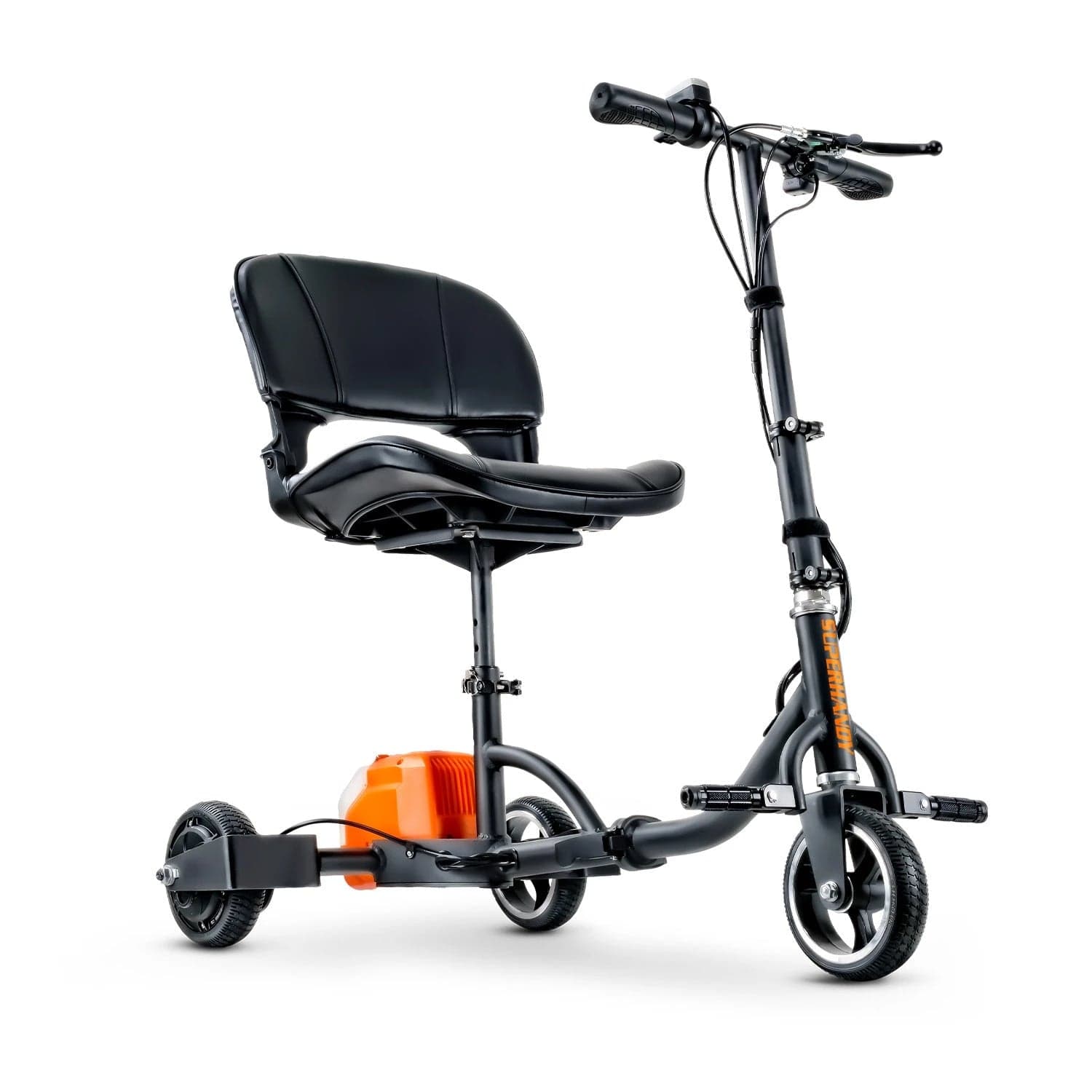
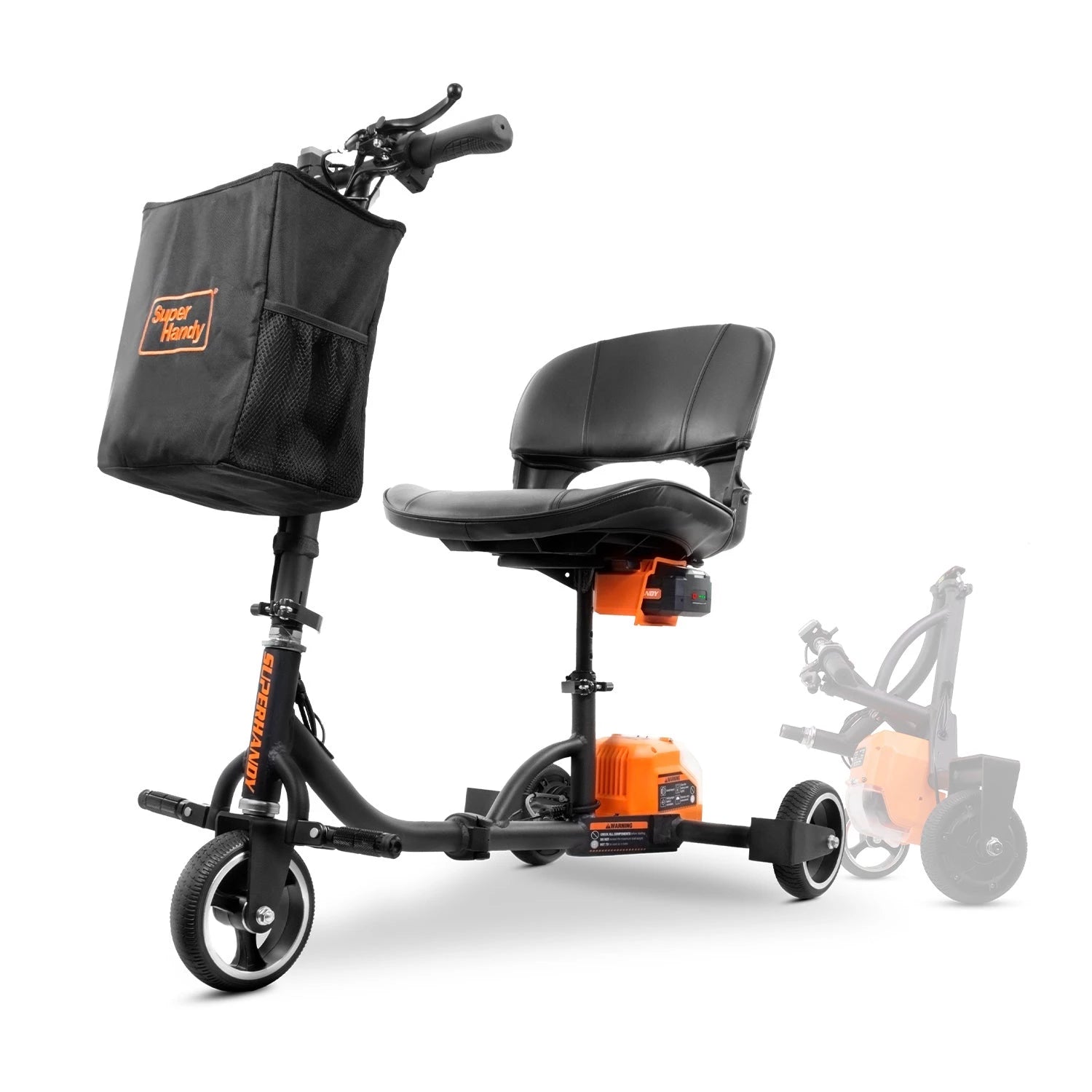
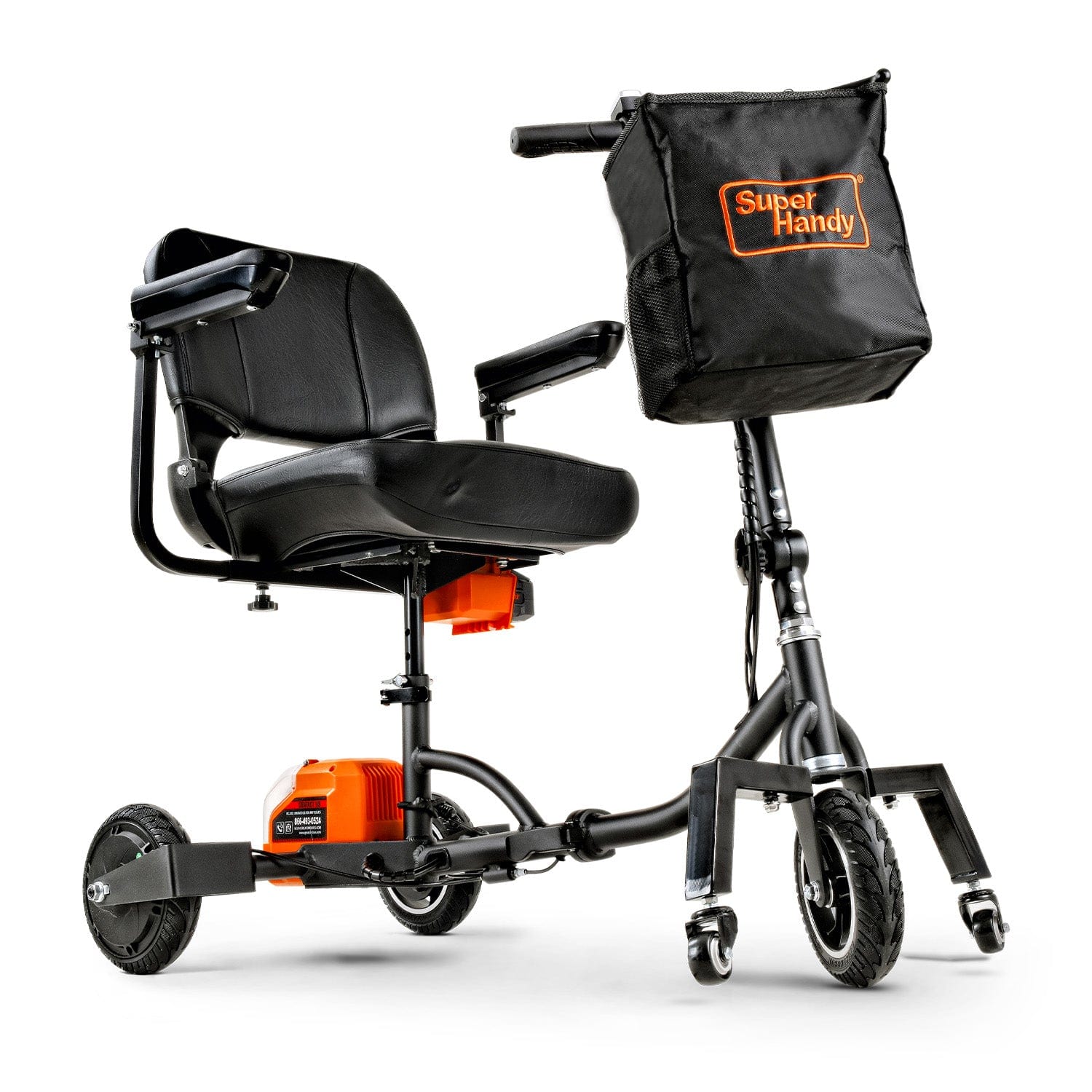
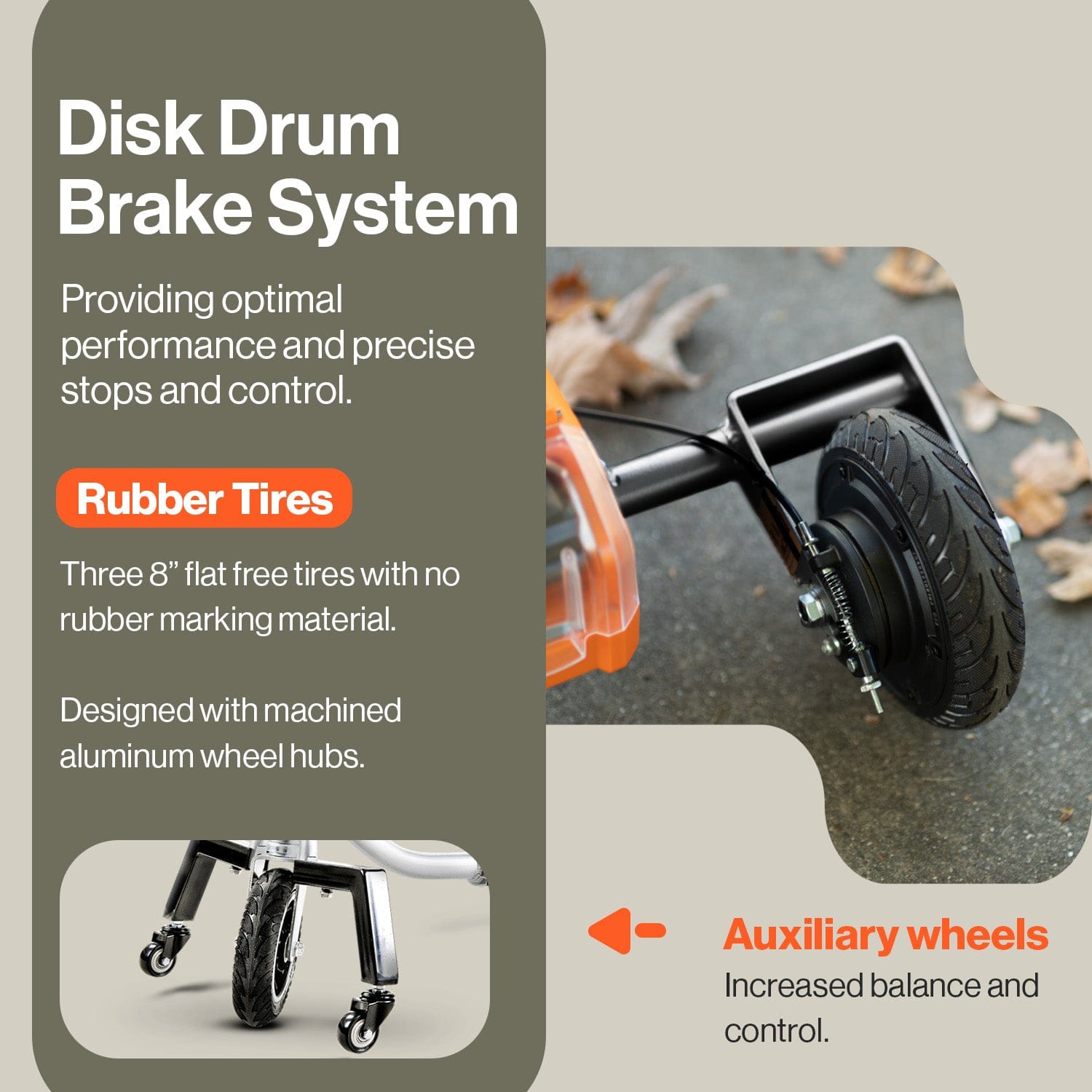
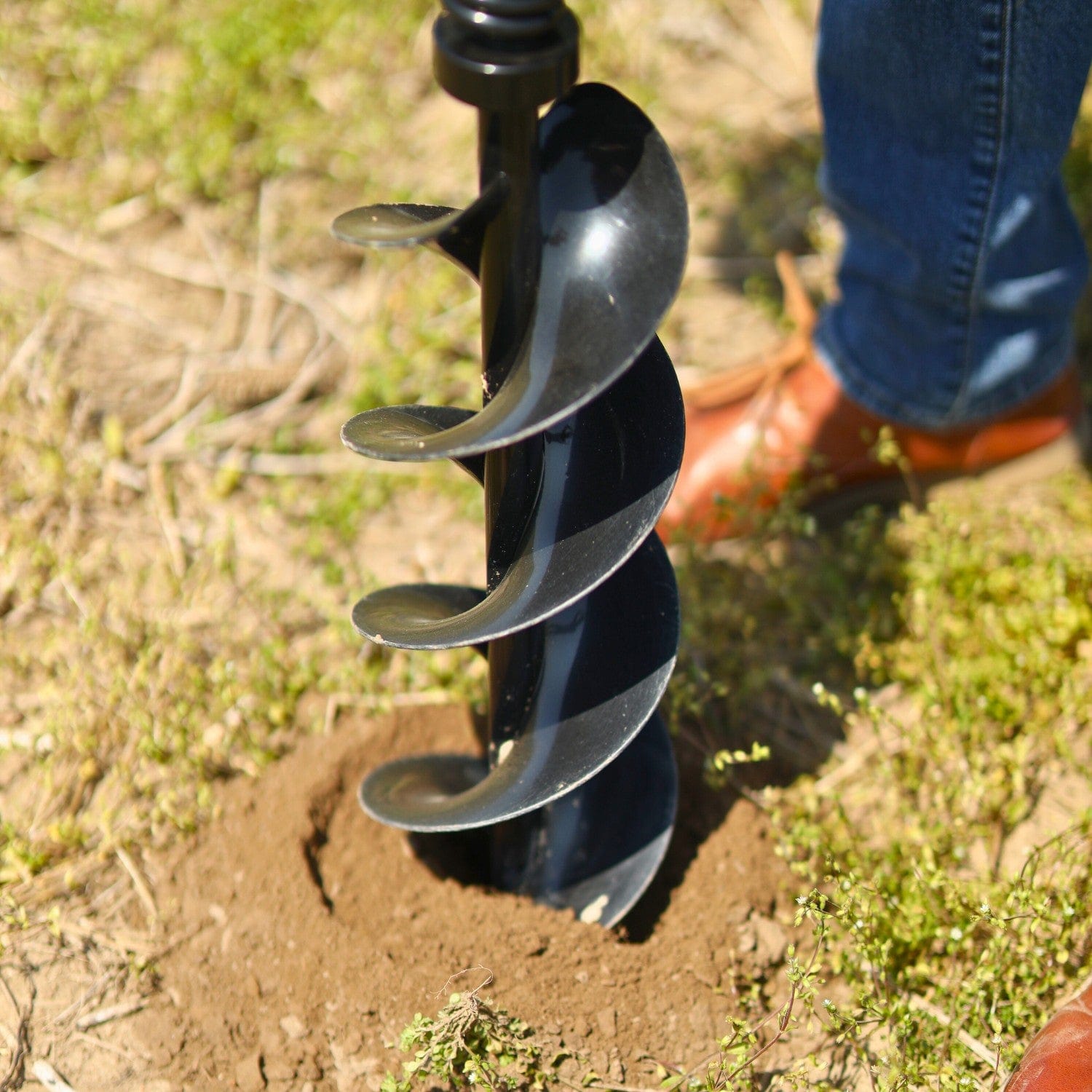
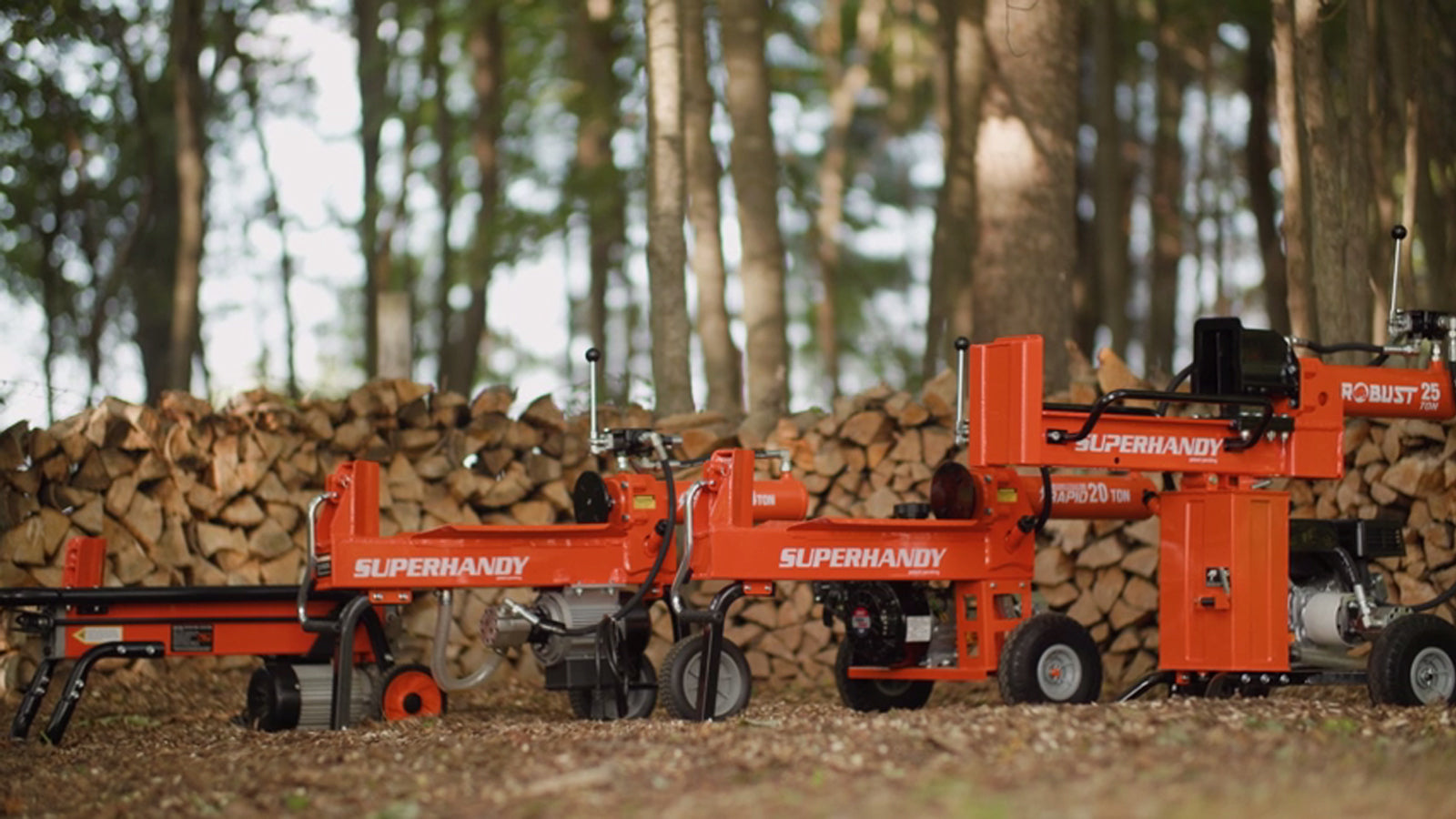
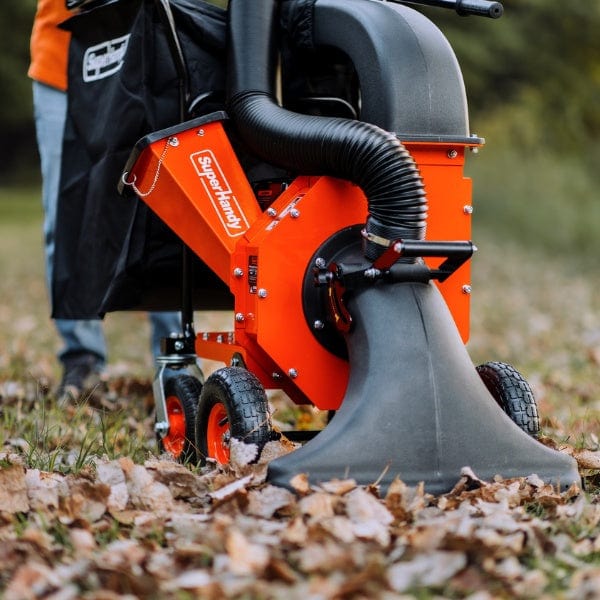
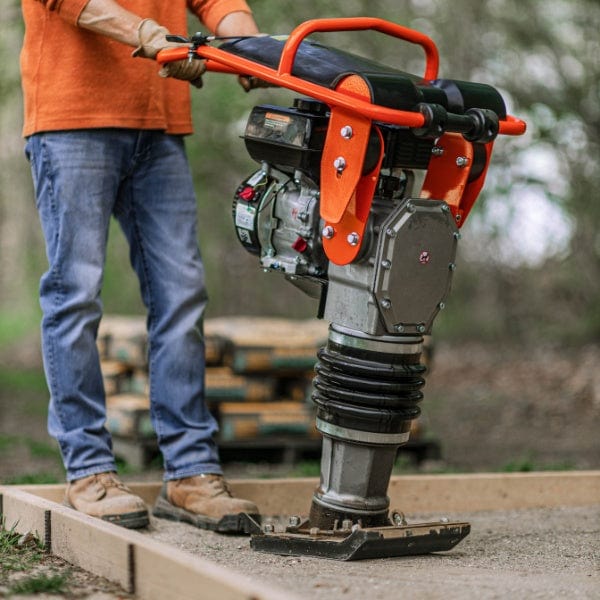
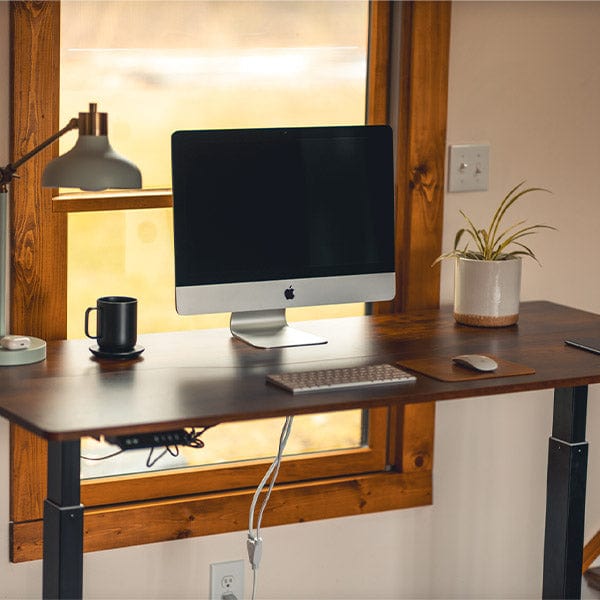
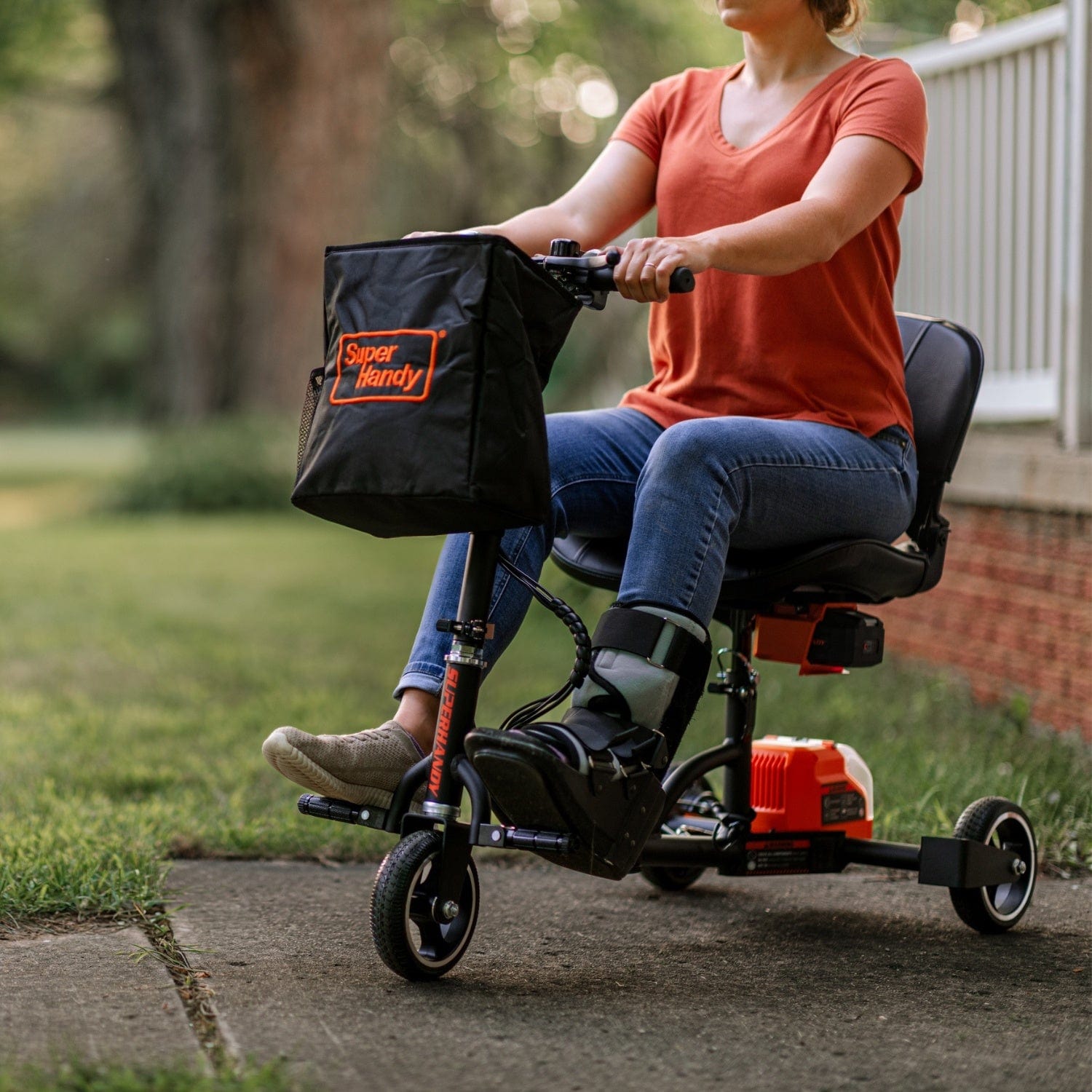
Leave a comment
All comments are moderated before being published.
This site is protected by hCaptcha and the hCaptcha Privacy Policy and Terms of Service apply.